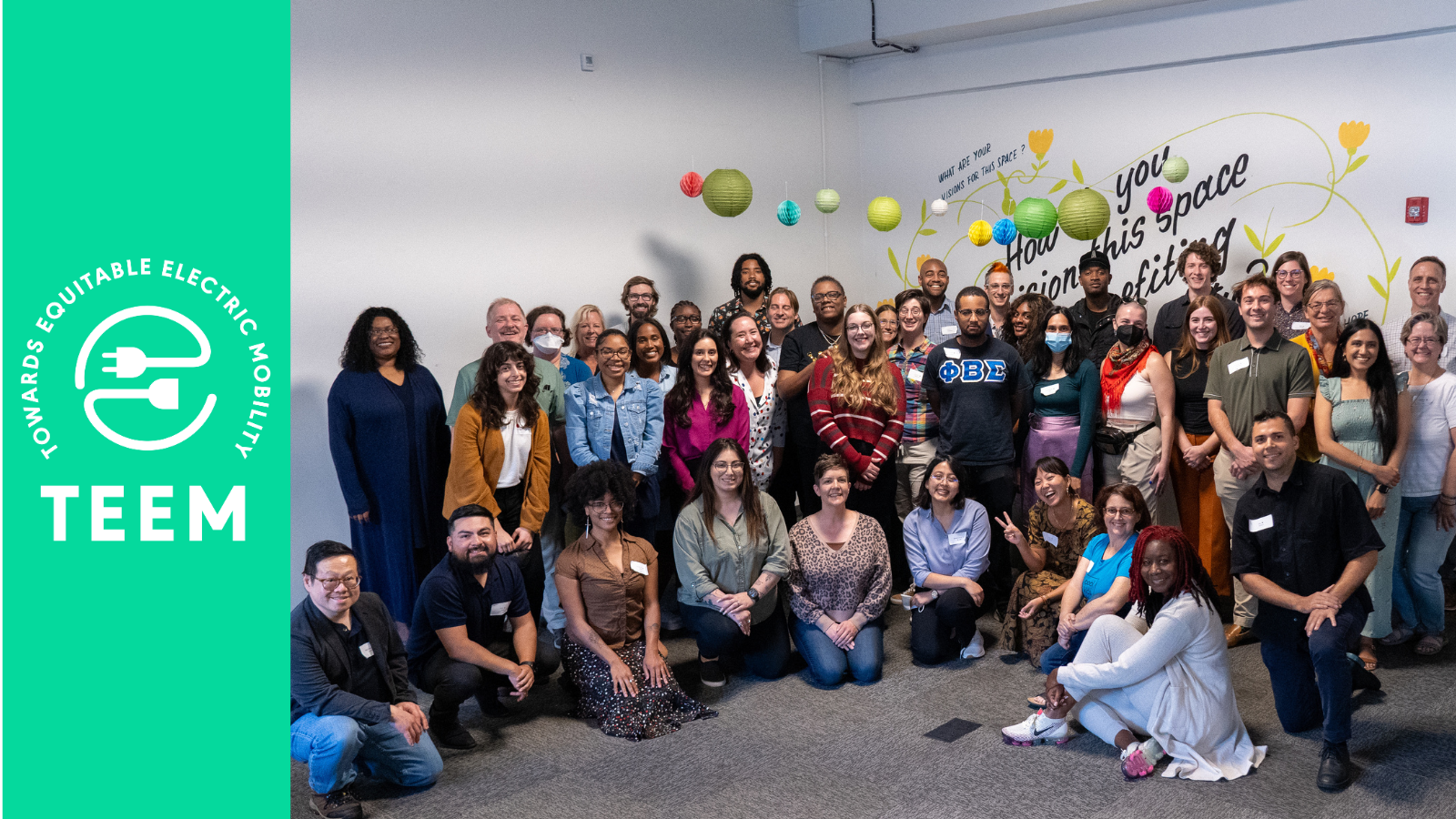Since 2020, Sierra Club staff have been engaged in the Towards Equitable Electric Mobility (TEEM) cohort in North Carolina, a space for peer learning for advocates working in clean transportation.
The community of practice was started by Greenlining Institute and Forth Mobility, and this February, the Sierra Club participated in the launch of the new TEEM Platform, which upholds five main principles:
Equity and Justice
Emission Reductions
Affordable Access for All
Health and Safety
Wealth Building
Together, our 30 organizations offer principles and implementation recommendations for federal and state Departments of Transportation, transit agencies, auto industry partners, and other key decision-makers.
In North Carolina, I’ve been taking the lead on this work on behalf of the Sierra Club. Last September, the NC cohort hosted a convening that brought together grassroot and grasstop environmental organizations, as well as environmental justice and transit advocates, to foster collaboration, sharing of best practices, and replication of projects in other communities throughout the state on electrification and mobility issues.
Since that meeting, the organizations involved developed this platform for equitable electric mobility that stems from our learnings and practices from events over the last three years, both together and with the communities that we serve.
North Carolina isn’t alone in this work. There are four other states with cohorts across the country including Virginia, Michigan, Illinois, and Colorado. The groups involved are grassroot and environmental organizations that work together on policy goals, building capacity, and developing a mutual commitment toward advancing racial equity in electric mobility.
Over the course of the next several months, we will be sharing the Platform with other advocates to grow additional support for equitable electric mobility. We will also be working with our chapters to continue engaging with local and state government processes to ensure that these principles and recommendations are incorporated into our transportation system for the betterment of all communities across the country.
